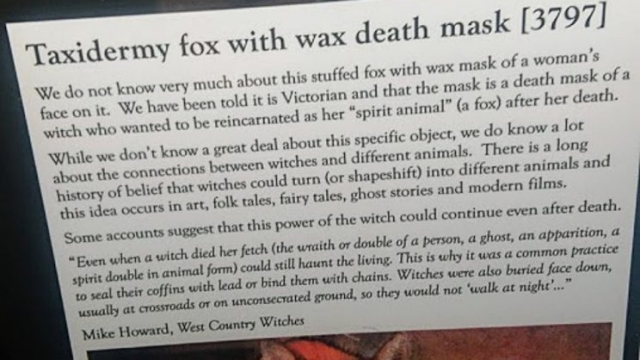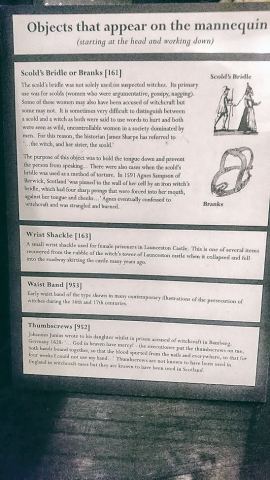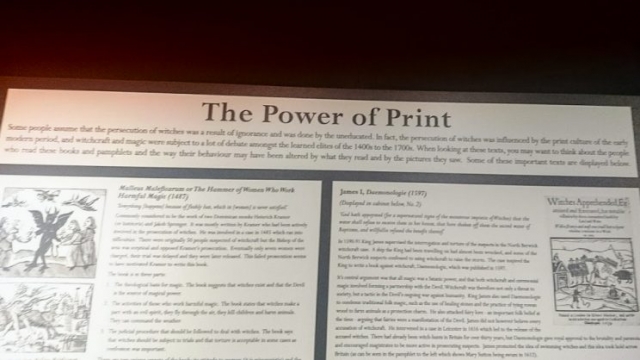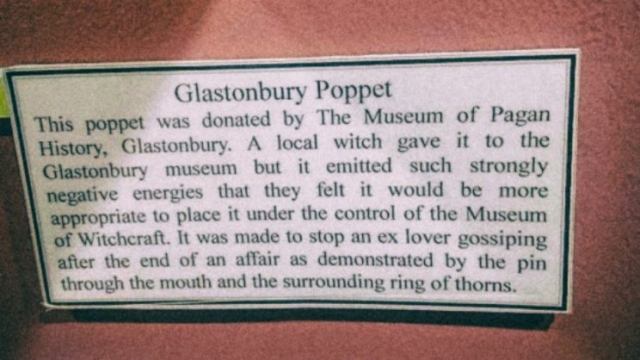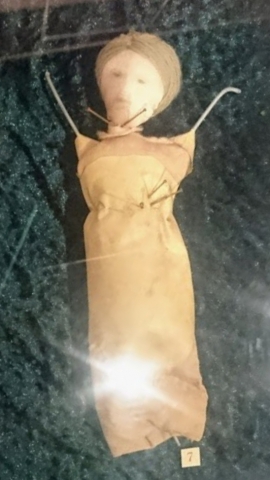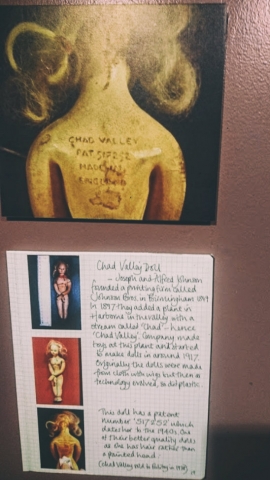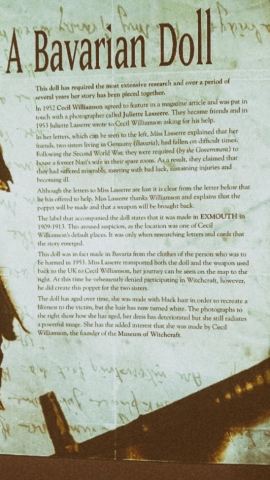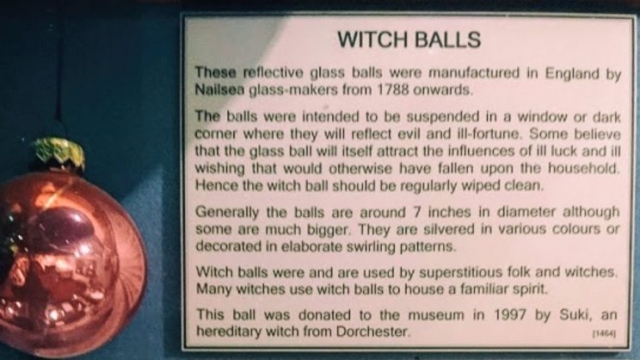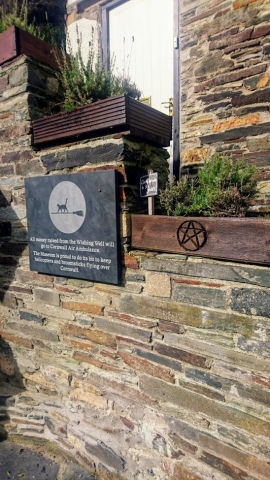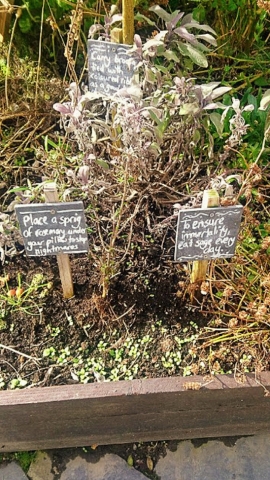I have read Isabel Waidner’s We Are Made Of Diamond Stuff, my first lyric prose in a while. It’s funny how the brain needs a moment to re-adapt to it. Telling itself, ‘calm down, you don’t have to make sense of every word here, words and meanings do things a bit different here, don’t be so literal!’ Prose lyric can show you how to accept ambivalences. We Are Made Of Diamond Stuff has got both legs (or it might even have more legs) on the ground: Two queer youth hanging/working at a shabby hotel in a small UK coastal town, queers clashing with UKIP protestors (who also have gays amongst them, anti-immigration sentiments unite, yay) and deals with working class hopelessness in a region that had bet on tourism and lost almost everything. Reeboks are not just working class shoes but also come alive as animals. Blake’s tyger tyger growls softly in the back, instead of rainbow colours the queers paint a hotel lobby grey to hunt down a lypard. Waidner draws on aspects from their own life, like the problems of getting UK citizenship even after living and working there for years (working for too little money to be considered worthy) and shakes it up with a bit of magic realism and a sense for the poetic. Waidner conjures up figures she can identify with, other misfits, Eleven from Stranger Things, or Tonya Harding: no matter how good an ice-skater, she was ever not-fragile-womanly-pretty enough, and had her working class background, the dirt under the cultural fingernails showing through, keeping her small. Waidner also has a thing for wordplay that’s a bit cringy but sweet, like “purring rain”, a bit like dad jokes, which doesn’t make her writing any less daring though, but instead adds to it’s layers, makes for more to explore.

It made me remember one of the stops on a trip the southern UK coast I made with a dear friend a few years ago. Especially one small town the name of which I forgot but that filled me with a glorious sadness the causes of which I longed to tell someone about, desperate to share it but I was hit with an inability to express that choked me and made me withdraw into myself.

We stayed at a really pretty shabby chic flat near the beachfront, with the typical nostalgic touristy pubs, union jack pennant chains fluttering in the wind under a grey grey sky, forever stuck on the edge between raining and not-raining. I took a long walk to the other side of town, the streets that showed how tourism isn’t enough to feed all mouths, those streets with rundown houses that stare at you with their windows and don’t like strangers, you can feel it, an overgrown car wreck in a backyard, careless, no, care-forgotten, surveillance and snitch-to-the-cops stickers on lamp posts (always check the lamp posts for stickers when you’re someplace new), clean streets though, and sceptical looks on frown-filled faces, and rightly so: I felt like prying into an intimate part of town. It’s easy to romanticize this UK coast with it’s beautiful rocks and grass and cute tea time and castles and all its small memorials to bashing back the Nazis but I also see how this history haunts the kids who came after with the endless pride, a nationalist pride of having dealt with nationalists. A bit like I really enjoyed watching RRR – what an opulent firework of a film! how joyful! how well choreographed the beautifully crazy fights were! finally something beyond Hollywoods endless western superhero movie culture! –, and it was fun to see Indians knocking down British imperialists in bulk, but boi-o-boi was it layered with casteism and sexism. Ambivalent pleasures everywhere.
Anyway, that was the kind of memories and thoughts that We Are Made Of Diamond Stuff drew me back to. I followed it up with reading an essay by Isabell Waidner, ‘Class, Queers and the Avant-Garde’ (2019) and it was like meeting an old friend, like omg I’m not alone in how I think and feel, I might not be freak, or at least there are other freaks like me. A few quotes:
“… but I’ve not seen classism in literature called out anywhere near as reliably in the establishment media as in the Amazon customer review section.”
“As metaphors, seaside towns hold antagonisms, and so does the best contemporary writing and art: queer potential sits with phobia. Openness to outsiders sits with misanthropy. Dependency on the tourist industry sits with xenophobia and racism. The limitlessness of the sea sits with military defence structures, boulders and border controls.”
“eco-feminist Françoise d’Eaubonne who writes that ‘it’s not a question of integrating homosexuals into society, but of disintegrating society through homosexuality’, expressing Caspar and my shared perspective that queer politics if you want to call them that must be transformative of society at large. In DIAMOND STUFF, the rainbow flak – I mean, flag – is taken to task as a symbol of increasingly reactionary mainstream LGBTQI+ politics. Caspar even asks that ‘someone get [them] a fucking umbrella to protect against the UV of umbrella identity formations’! Finally, ‘FUCK CORPORATE PRIDE,’ capital letters, in NOVELTY THEORY.”
Before I quote the whole thing, there’s a PDF of it here.
And if you read it and get curious about Kevin Killian turning the Amazon comment section into the working class literature feuilleton, one of the books the compile select writings is avails here, pdf even free but also as print book.
By the way, the last quote, the one about queer politics having to be about transforming society at large, that’s what I tried to express with one of my ORCHID party concepts: “”We’re not colourful dabs to brighten a cis-heteronormative society and make it feel better about itself. We are tanks filled with paint made of our love and pain and we will dissolve it into a sea of colours.”

I like to think Isabel Waidner’s title ‘We Are Made Of Diamond Stuff” is a play on Carl Sagan’s “We are made of star-stuff. We are a way for the universe to know itself.” Which is a nice coincidence because I have started watching Cosmos: A Spacetime Odyssey, a beautifully made creative ‘Astrophysics for dummies like me’ format that Sagan made in the 80s. In 2014 it got a reboot with Neil deGrasse Tyson* and that’s the one I am eating up like a child listening to bedtime stories. Space is the place, butches!
P.S.: I love that Makenzie Lystrup swore her oath as new and first female director of Goddard Space Flight Centre on Carl Sagan’s ‘Pale Blue Dot.
* There have been sexual abuse accusations against Tyson a few years ago which makes this another thing that we can’t simply enjoy but have to deal with its ambivalences.








